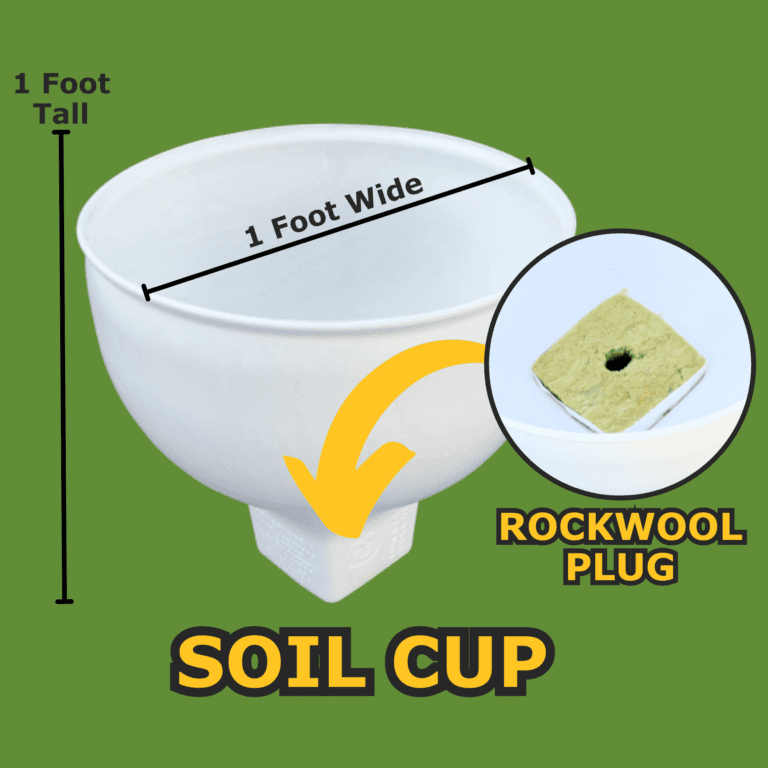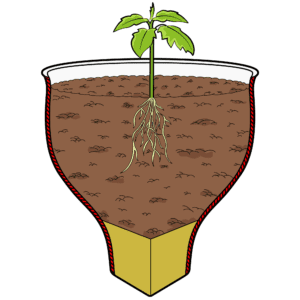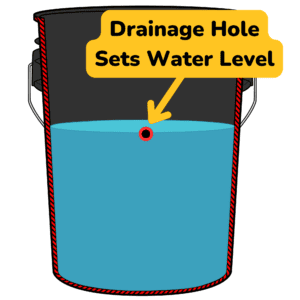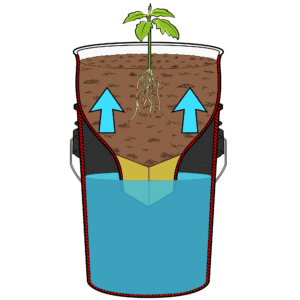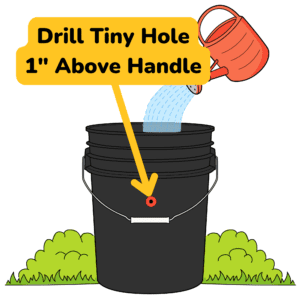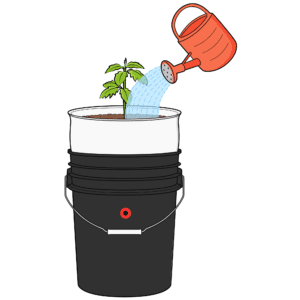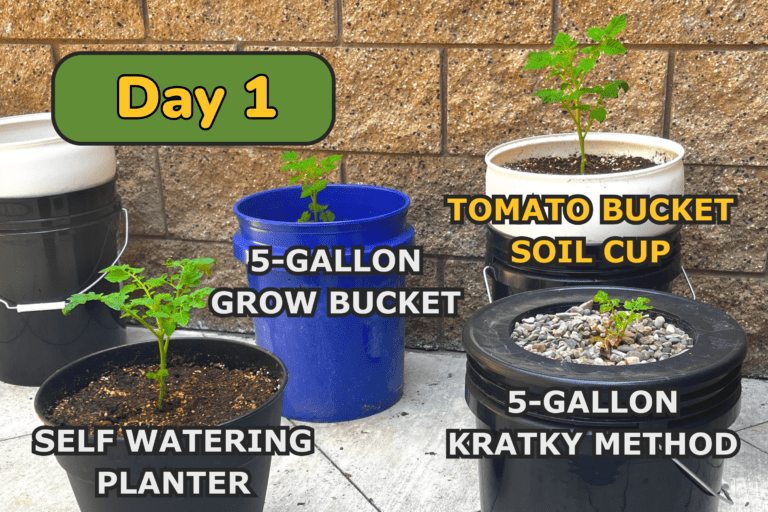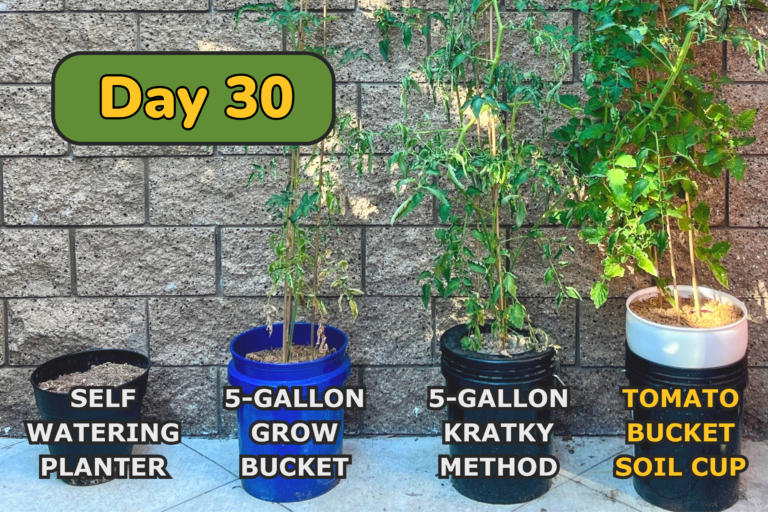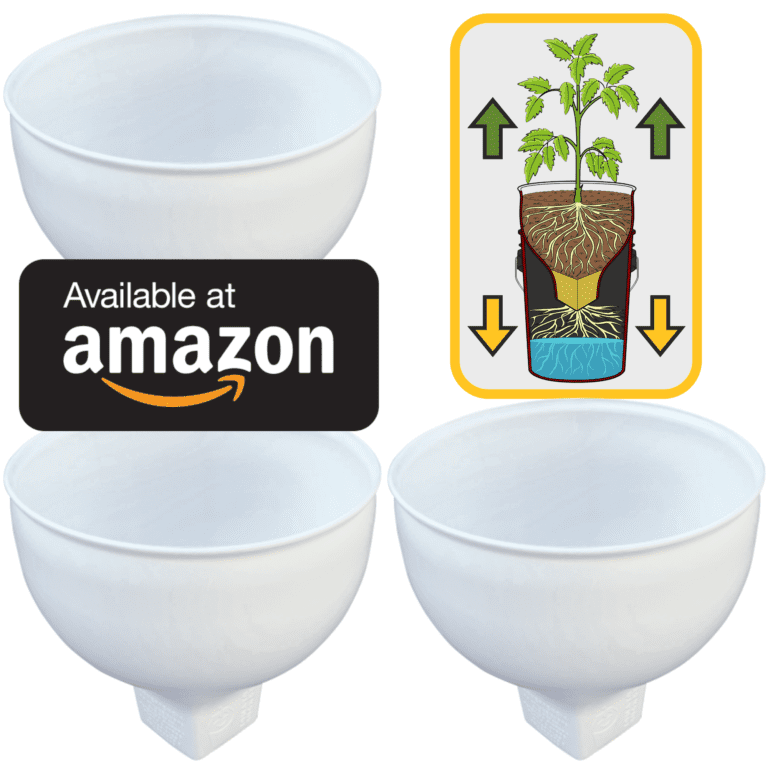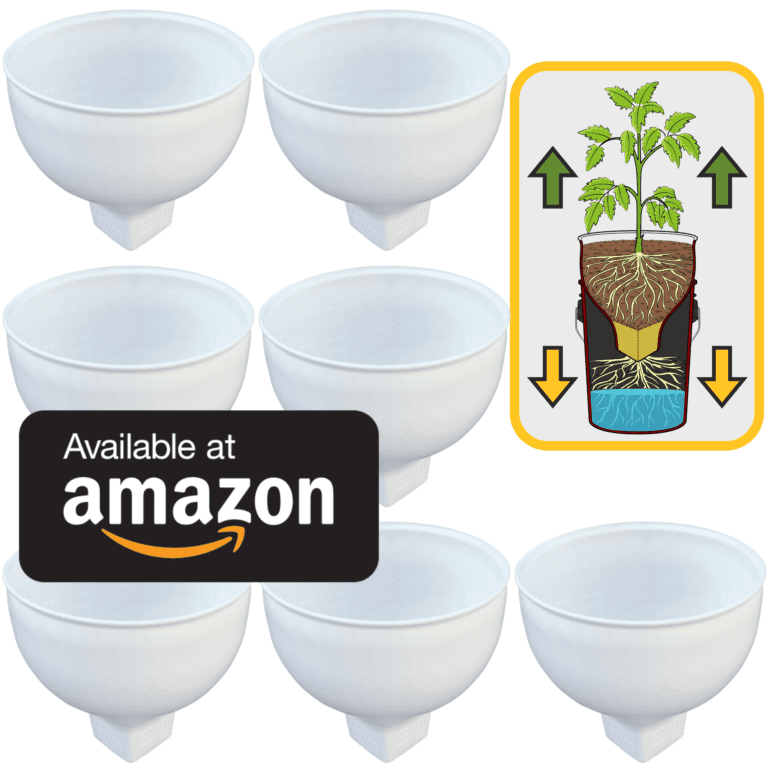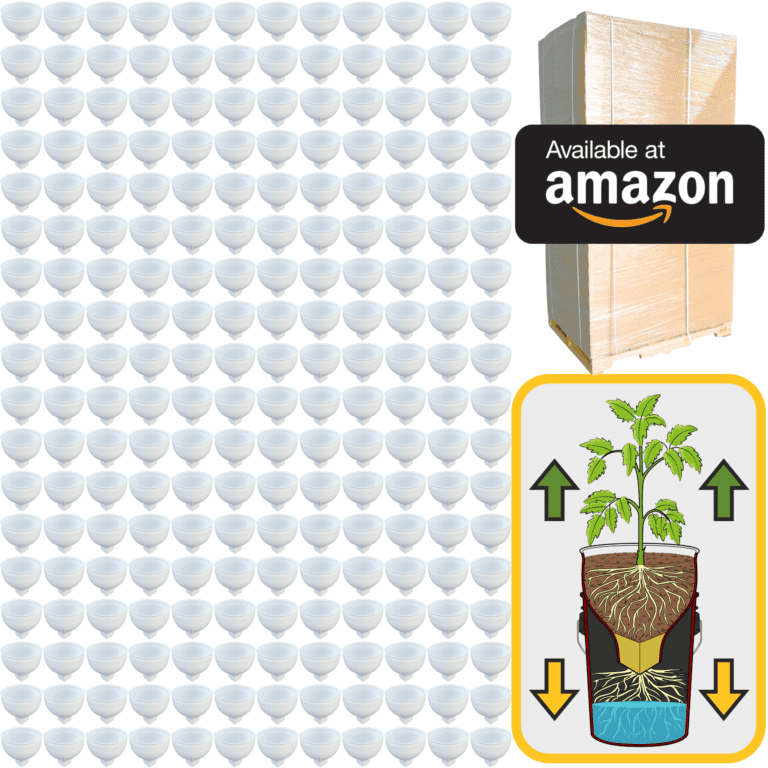As you explore the fascinating world of hydroponics, you’ll discover that it represents much more than just a method of growing plants without soil. It stands at the forefront of sustainable agriculture, addressing critical issues like food security and environmental conservation. In a time when traditional farming practices face challenges from climate change, urbanization, and resource scarcity, hydroponics emerges as a viable solution, offering fresh perspectives on how we cultivate our food.
One of the most significant advantages of hydroponics is its ability to use water efficiently. Traditional farming methods can waste substantial amounts of water through evaporation and runoff. Hydroponics, however, employs a recirculating system that allows you to use up to 90% less water. This is particularly important in regions where water is a limited resource. For beginners, this means that by choosing to grow your own food through hydroponics, you are not only creating a garden but also contributing to a more sustainable use of our planet’s water supply.
The opportunity to grow food year-round is another remarkable benefit. Unlike traditional farming, which often depends on seasonal changes and favorable weather conditions, hydroponics allows you to create a controlled environment. With the right setup, you can cultivate plants regardless of external conditions, ensuring a steady supply of fresh produce. Imagine the satisfaction of enjoying homegrown tomatoes in winter or fresh basil in the dead of summer. This consistent availability of fresh food reduces reliance on long-distance transportation and supports local economies, all while lowering your carbon footprint.
As technology continues to advance, so too does the potential for innovation in hydroponics. Automation tools have made it easier than ever to manage your garden. Timers can regulate light cycles and nutrient delivery, ensuring that your plants receive consistent care, even if your schedule is hectic. By automating these processes, you can eliminate much of the manual labor involved in gardening, freeing you to enjoy your plants and engage in other activities. The peace of mind that comes with knowing your system is running smoothly allows you to focus on the more creative aspects of gardening.
Advanced techniques, like vertical farming, also align beautifully with hydroponic principles. By utilizing vertical space, you can maximize your growing area, allowing you to grow more plants in less space. This method is particularly advantageous for urban gardeners who may have limited room. With vertical farming, you can create an abundant garden that not only looks beautiful but also produces a significant amount of food. Imagine transforming a small balcony or an unused corner of your kitchen into a lush vertical garden filled with vibrant herbs and vegetables.
As you delve into hydroponics, keep an eye on the evolving landscape of sustainable practices. Consumers are increasingly seeking out food that is grown responsibly and without harmful chemicals. Hydroponically grown produce often meets these demands, as it is typically cultivated without pesticides and under controlled conditions. This demand for clean, local food provides a fantastic opportunity for hydroponic growers. Your garden can become a source of fresh, healthy food for yourself and your community, contributing to a shift towards more sustainable eating habits.
Looking ahead, research and innovation in hydroponics continue to expand. Scientists are developing new nutrient formulations and disease-resistant plant varieties to enhance the resilience of hydroponic systems. Innovations such as aquaponics, which combines fish farming with hydroponics, are also gaining traction, creating a symbiotic relationship that benefits both plants and fish. The possibilities for sustainable food production are vast, and being part of this movement can be incredibly rewarding.
As you embark on your hydroponic journey, take pride in knowing that you are participating in a larger effort to cultivate food sustainably. Each plant you grow contributes to a more resilient food system, one that prioritizes health and environmental stewardship. With every harvest, you’re not just enjoying the fruits of your labor; you’re making choices that support the planet.
Embracing hydroponics is not only about mastering the technical aspects of growing; it’s about fostering a deep connection to the environment and recognizing the impact of your gardening choices. As you nurture your plants, reflect on the broader implications of your work. The joy of cultivating a thriving garden is magnified by the knowledge that you’re part of a community dedicated to making the world a better place.
Allow your curiosity to guide you as you explore the myriad opportunities within hydroponics. With every new technique you try and every challenge you overcome, you’ll find that you are not only growing plants but also expanding your understanding of sustainable living. Hydroponics invites you into a realm where creativity, science, and nature converge, offering endless possibilities for exploration and growth.
Ultimately, the journey of hydroponic gardening is one of discovery and empowerment. Each plant you nurture is a testament to your commitment to sustainability and innovation. Embrace the challenges, celebrate your successes, and enjoy the vibrant community you become a part of. Your hydroponic garden is not just a collection of plants; it is a reflection of your values, your creativity, and your desire to cultivate a brighter, more sustainable future for all.

